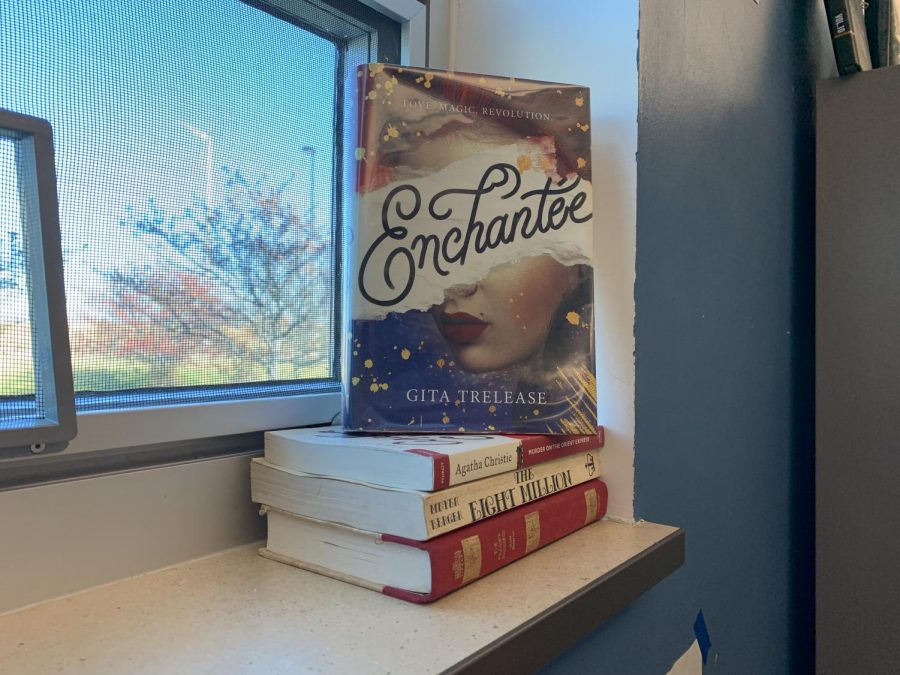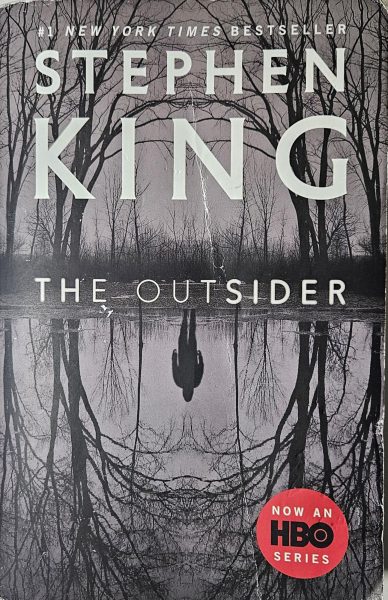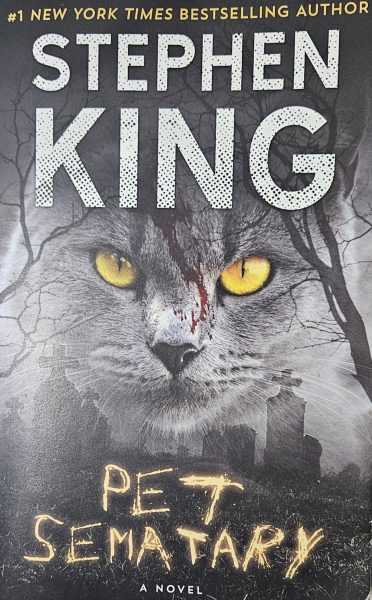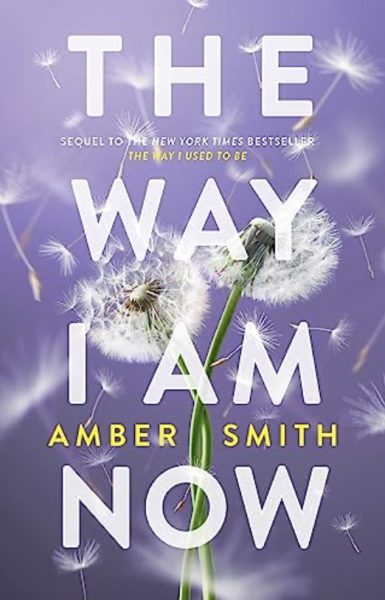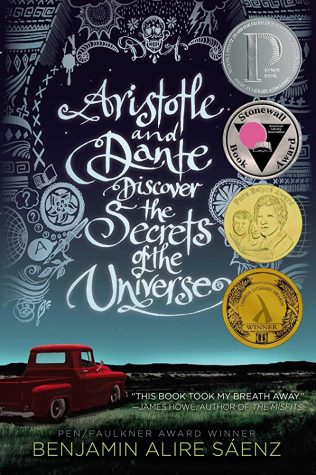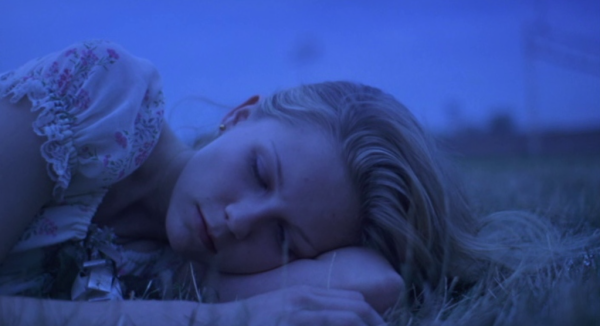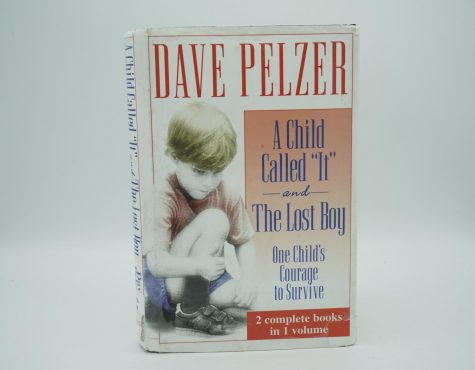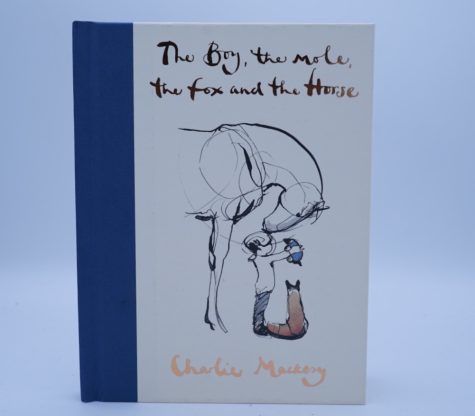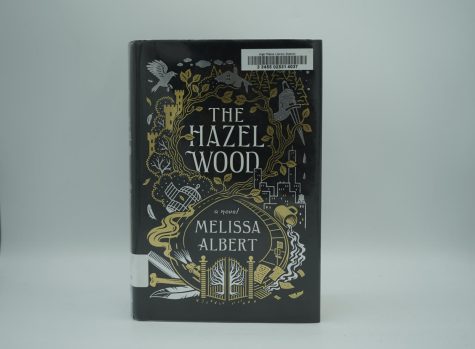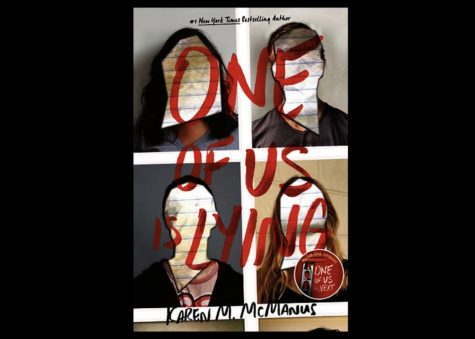This book is, in a word, enchanting
Gita Trelease’s debut is a luxurious story riding on the brink of ruin
Imagine the French Revolution. Now add magic and oyster crackers.
Actually, the oyster crackers are optional. I was eating them while reading Enchantée by Gita Trelease, and the book and the snack are now forever linked in my psyche.
Anyway, you don’t really need to add oyster crackers to make the French Revolution more exciting, but magic gives it some extra flavor.
Enchantée’s glorious heroine is Camille Durbonne, who lives in a grimy, barren apartment in Paris with her angelic sister and devilish brother. Mmmmmm that was a gorgeous sentence if I may say so myself. But seriously, her sister, Sophie (even the name denotes innocence), is a sweet little girl, besides her naiveté. And her brother, Alain, is a pure dirtbag. He was once a good guy, but he succumbed to gambling and the subsequent debt and became… a dirtbag.
Alain never goes to work anymore despite his decent job, so Camille, who has few opportunities as a woman in the eighteenth century, must use la magie ordinaire to turn bits of metal temporarily into coins. The real problem is the “temporarily” part. And the fact that using magic requires pain and suffering. Like, Camille does magic by thinking about how much her life sucks. So magic isn’t the most enjoyable or sustainable way of life.
Things get even worse when Alain gambles away Camille’s and Sophie’s best dresses and their life savings. Camille decides that enough is enough and goes out to win them back from the girls who got them from Alain. She loses a few games, and all seems lost until she figures out that she can magically change the cards to make her win.
With this new revelation of her abilities, Camille gambles several more times and wins through magic, making real money that doesn’t turn back into nails. But she can’t make it big in the common gambling halls of the common people. She needs a place where people can afford to bet a fortune.
She needs Versailles.
(Cue the classical music.)
But wait!
(Classical music halts suddenly.)
Camille is borderline homeless. Homeless people don’t really fit into extravagant French palaces.
The sort of transformation that will turn her into an aristocrat requires more than la magie ordinaire. Camille opens the black-burned chest in the back of the house… to find a magical dress that can make her look like a baroness. But like all magic, it comes with a great price in pain.
But hey, who cares when you can be rich?
As Camille gets super loaded with her gambling at the fanciest building, like, ever, she figures out that she isn’t the only magical cheater and that her new and old friends, including a super hot ballooner guy (like the big flying kind), aren’t who they seem. Everything gets super convoluted and builds to an awesome ending with a smidge of cliffhanger for… a sequel! Yay!
Enchantée is a fantastic fantasy novel, and it lands somewhere between YA and adult, making it sophisticated but entertaining. The main reason I don’t read more adult fantasy books is they’re usually more stuffy and overdone, and my attention span does not like that. But Enchantée, though long, is constantly engaging and interesting.
And the hardcover version I read has excellent proportions and weight. Y’know, if you care about that sort of thing.
The characters are also intentionally diverse, not the afterthought kind of diverse. Biracial characters have to deal with being biracial. Gay characters have to deal with being gay. The author wasn’t just like, “Ooo I should make this guy gay so that I sell more copies!” The gay characters have to endure the extreme homophobia of the time throughout the entire book.
A problem I have with the book is it gets really confusing at the end. The author is probably trying to create suspense and all that, but it just ends up making it so she has to explain three chapters of action in three paragraphs. Then I have to reread it fifty times to understand what actually happened. There was also new magic introduced within all that confusion that hadn’t really existed before as far as the readers knew. When you make a world with magic, you need to establish the rules early on, and if you introduce new stuff, you need to do it well before it’s used in the plot. Harry Potter does this well; all of the magic is set up in the first book, but when big new things like Horcruxes show up, they’re explained in the sixth book and then actually applied in the seventh. Of course, Enchantée doesn’t span over seven books, but the author still could have explained better.
The moral theme of the book is a bit too common in books and movies. The main character tells so many lies that they trap themselves in every falsity they put out to different people. Then everything comes back to smack them in the face, and they learn to be honest forevermore. The end. That’s overused. It’s nice when books examine morals we never talk about or make a case that a traditionally amoral action isn’t that bad. Of course, I don’t really read fantasy for the life lessons, but I like stuff that makes me think.
In general, Enchantée is enchanting. It’s constantly alluring and has a mostly-fluid plot. The main character is realistically complex, and the supporting characters are unfolded wonderfully. Read Enchantée for entertaining but sophisticated storytelling.
Your donation will support the student journalists of Mead High School. Your contribution will allow us to purchase equipment and cover our annual website hosting costs.

Adah McMillan is a Senior. She enjoys reading, drawing, eating candy, playing the piano, listening to musicals, and being right. She is involved in choir, NHS, the MHS Book Club, and SVVSD's Innovation Center. She is excited to do more work in The Mav this year and make the website as perfect as it can be.
You can contact her at [email protected].

